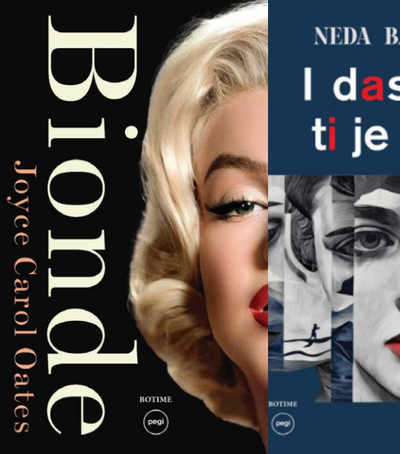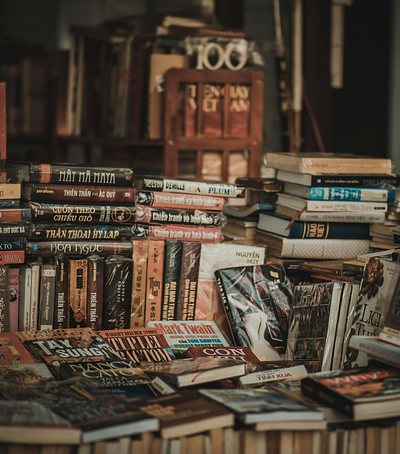
When words became acts of courage
In centuries when women's voices were often silenced, literature became the most powerful weapon of their existence. Women writers who dared to write about love, pain, the body, hope, or freedom didn't just create art—they rewrote the way the world saw women. Through their pens, they sought space in history, society, and human consciousness.
Virginia Woolf – the voice that asked for “a room of one’s own”
In the early 20th century, Woolf became one of the most powerful voices of literary feminism. In her famous essay A Room of One's Own, she explained that a woman needs space and economic independence to create. Novels like Mrs. Dalloway and To the Lighthouse are brilliant explorations of the female mind, loneliness, and identity in a patriarchal world.
Simone de Beauvoir – the philosophy of female freedom
With Le Deuxième Sexe (The Second Sex), de Beauvoir shook French society and the intellectual world. “A woman is not born, but made,” she wrote, laying the foundations of modern feminist thought. She gave voice to the deepest question: how to be a free person when social roles imprison one’s identity?
Jane Austen – the irony that challenged the norms of love
In an era when women were judged by marriage, Jane Austen created heroines who chose with their minds and hearts. With her humor and sharp observation, she exposed societal hypocrisy and elevated women as intelligent, independent, and dignified beings. Pride and Prejudice remains a timeless manual on love and self-worth.
Toni Morrison – a story of pain and strength
In American literature, Toni Morrison became the poetic voice of black women's identity. Her works, such as Beloved and The Bluest Eye, address memory, racism, and the power of the human spirit to heal through love. She wrote not only about women, but about the collective memory of human dignity.
Sylvia Plath – the poetry of the naked soul
Plath didn't write to be liked, but to feel. With The Bell Jar and her profound poems, she broke taboos about depression, identity, and the limitations society places on women. Her words are honest, poignant, and beautiful, as they speak of the inner struggle that many women have lived in silence.
Isabel Allende – the magic of female memory
The Chilean writer brought magical realism to a feminine dimension. In her novels, such as The House of the Spirits, women are carriers of memory, intuition, and the family spirit. Allende gave Latin American literature the gentle but indomitable voice of women, who preserve history through love and memory.
Elena Ferrante – the intimacy of the modern woman
With the saga The Genius of Friendship, Ferrante created a complex portrait of female friendship, ambition, and self-awareness. She revealed that strength and competition, love and jealousy, can coexist within the same relationship—a rare emotional realism that touched millions of readers.
These women don't just write books – they write stories of resistance. On every page lives a call for freedom, identity and sensitivity. Their literature defied time because it did not seek to imitate men, but to be heard as a woman.
And in every century, their voice remains proof that words can change the world – especially when they come from a heart that has dared to feel.
Photo by cottonbro studio: https://www.pexels.com/photo/woman-in-black-shirt-holding-red-lipstick-3831881/





